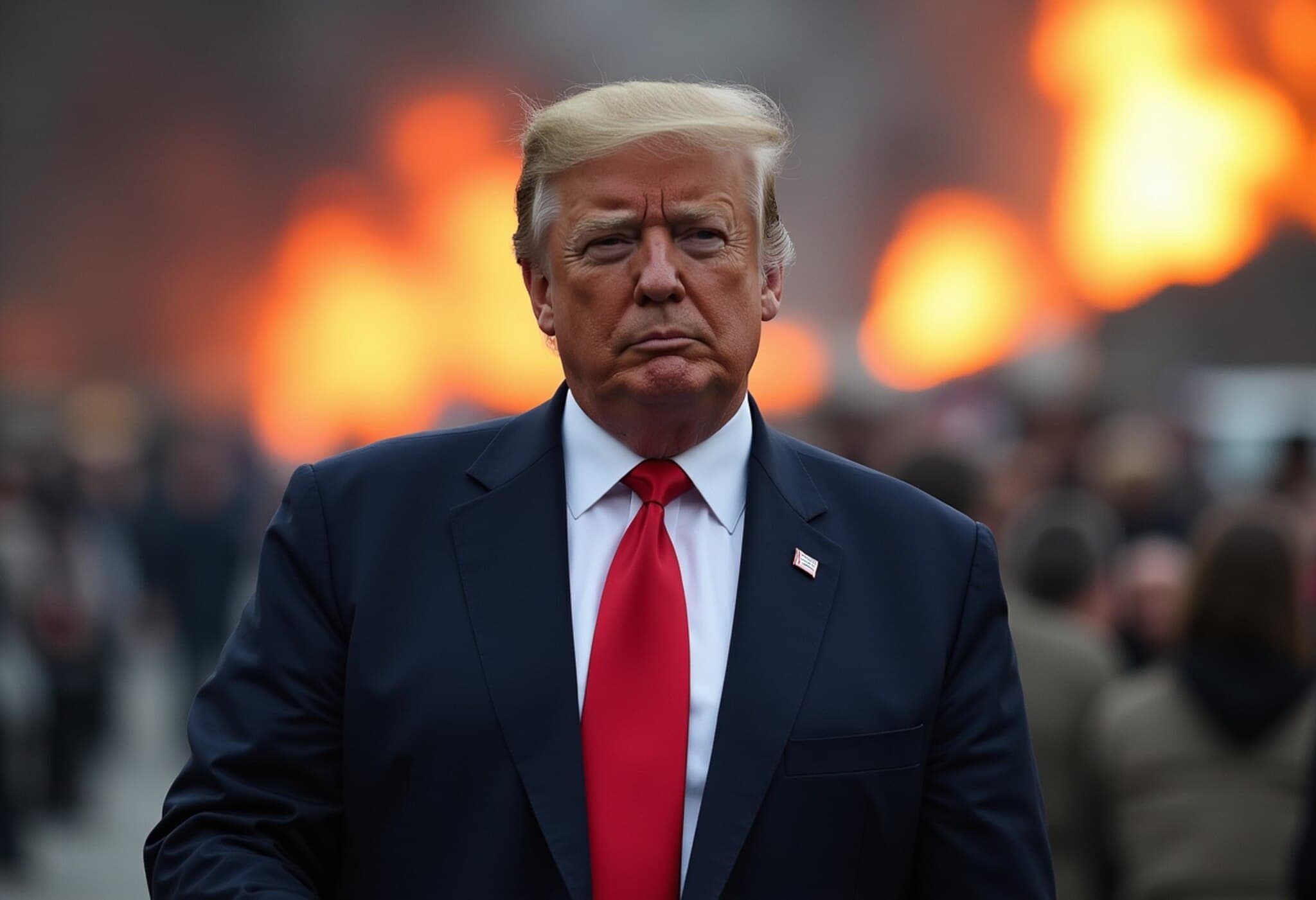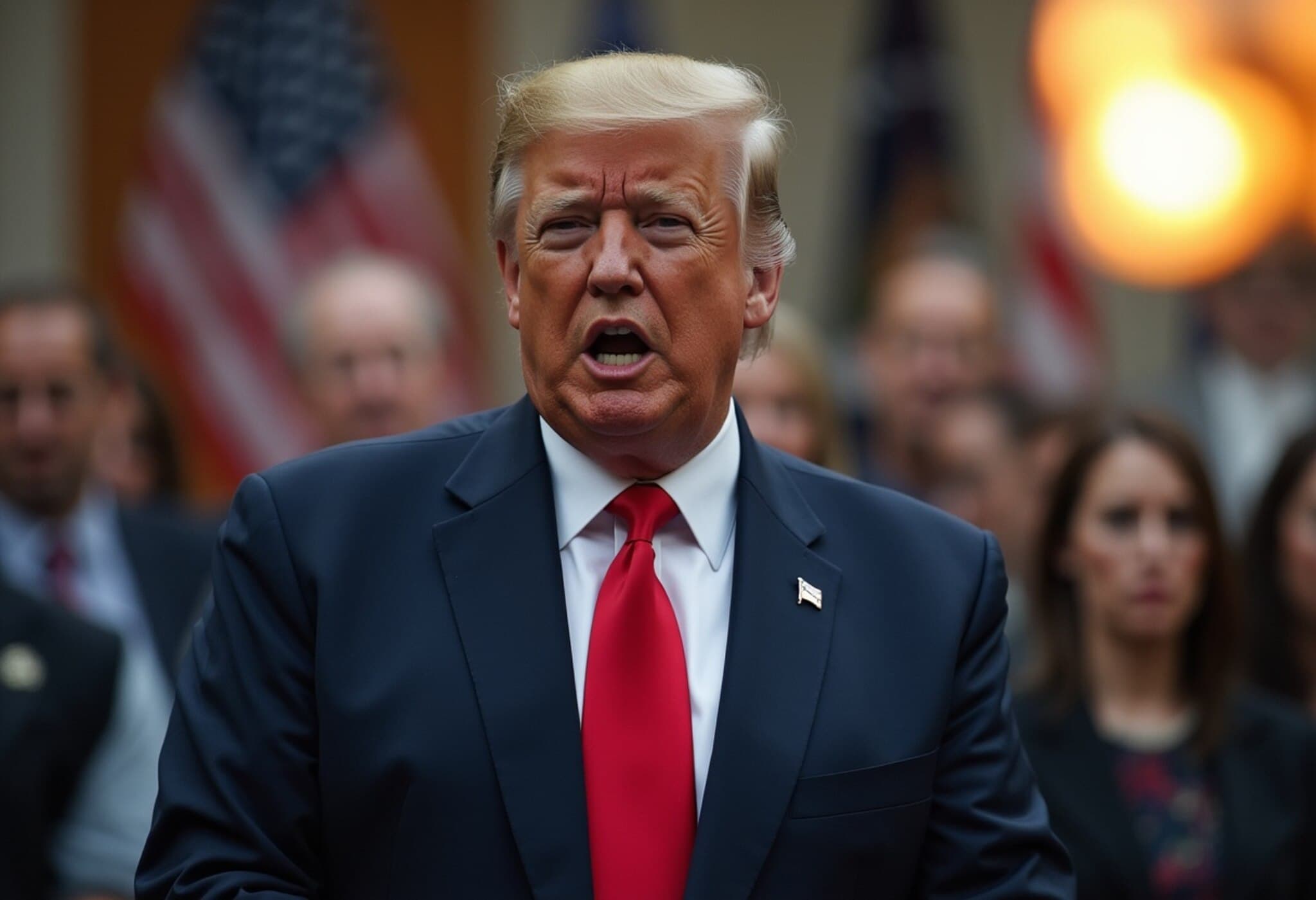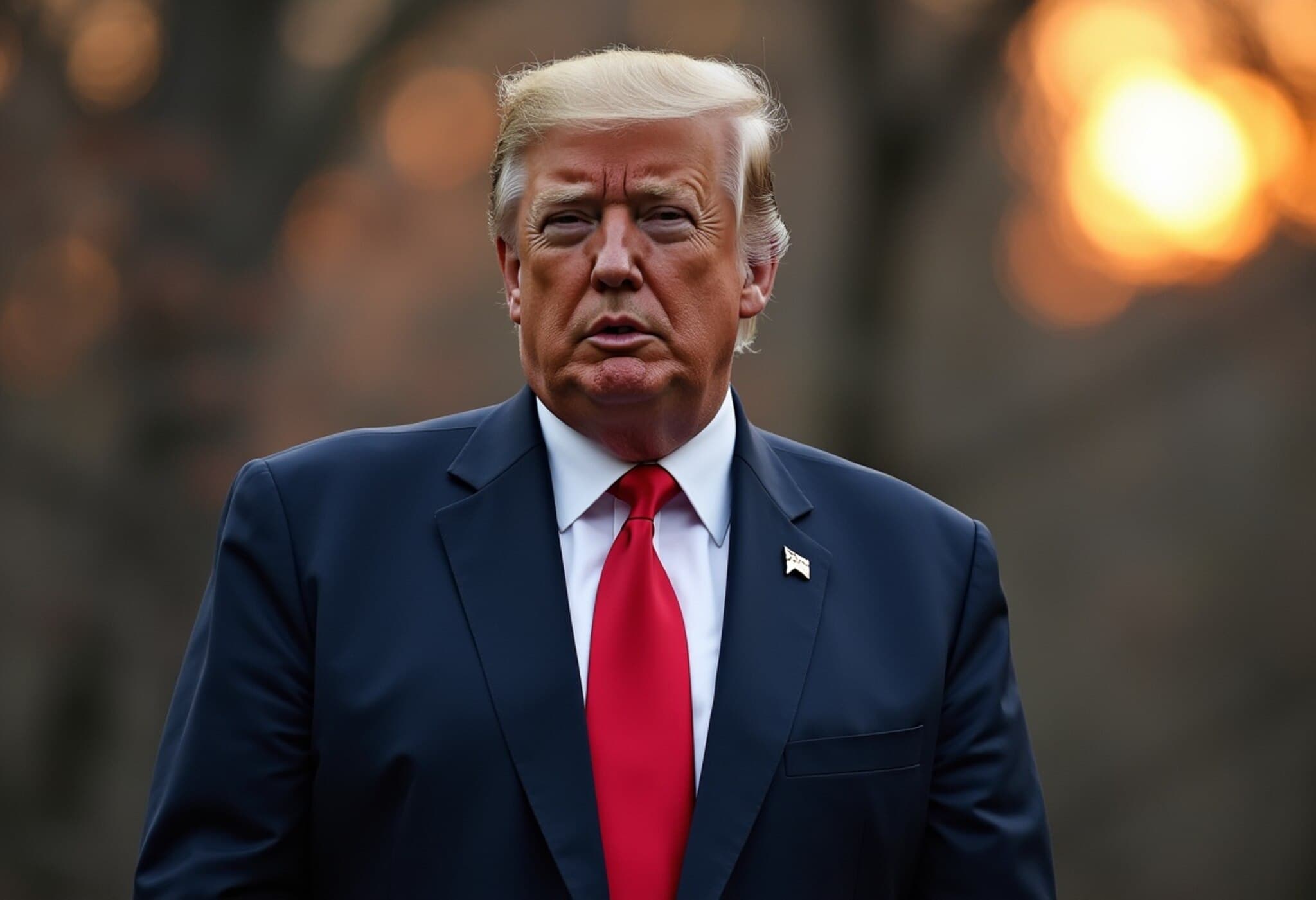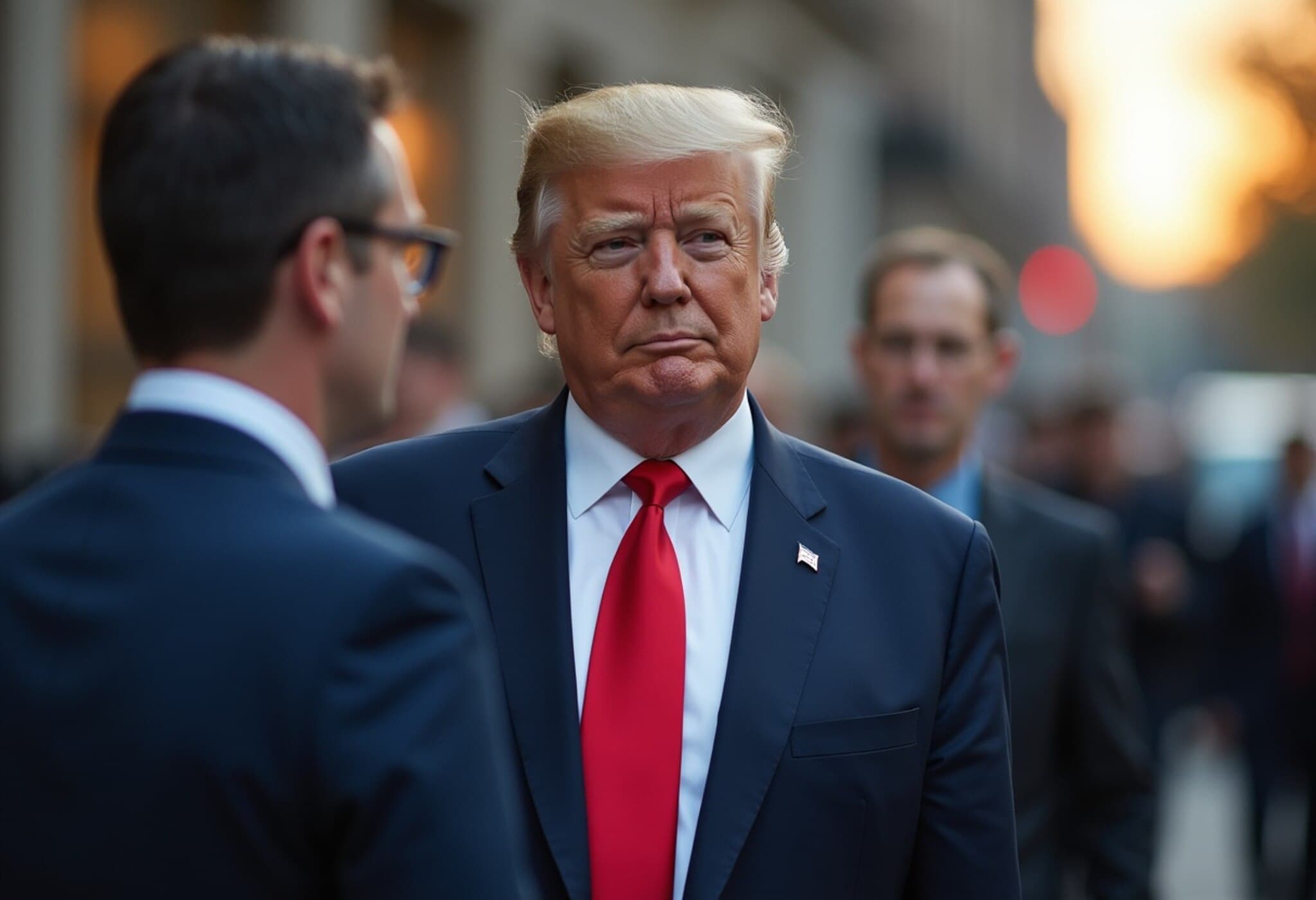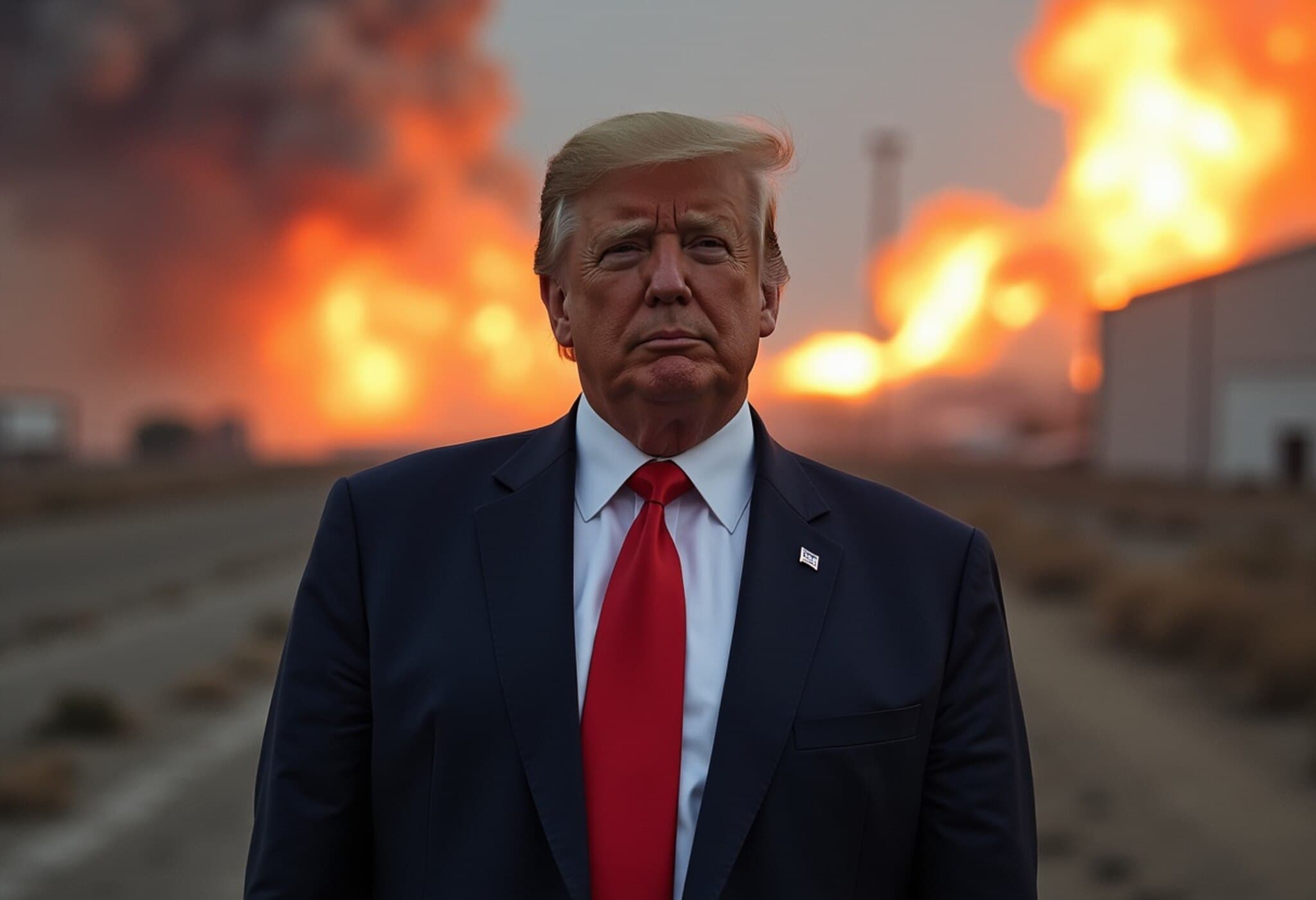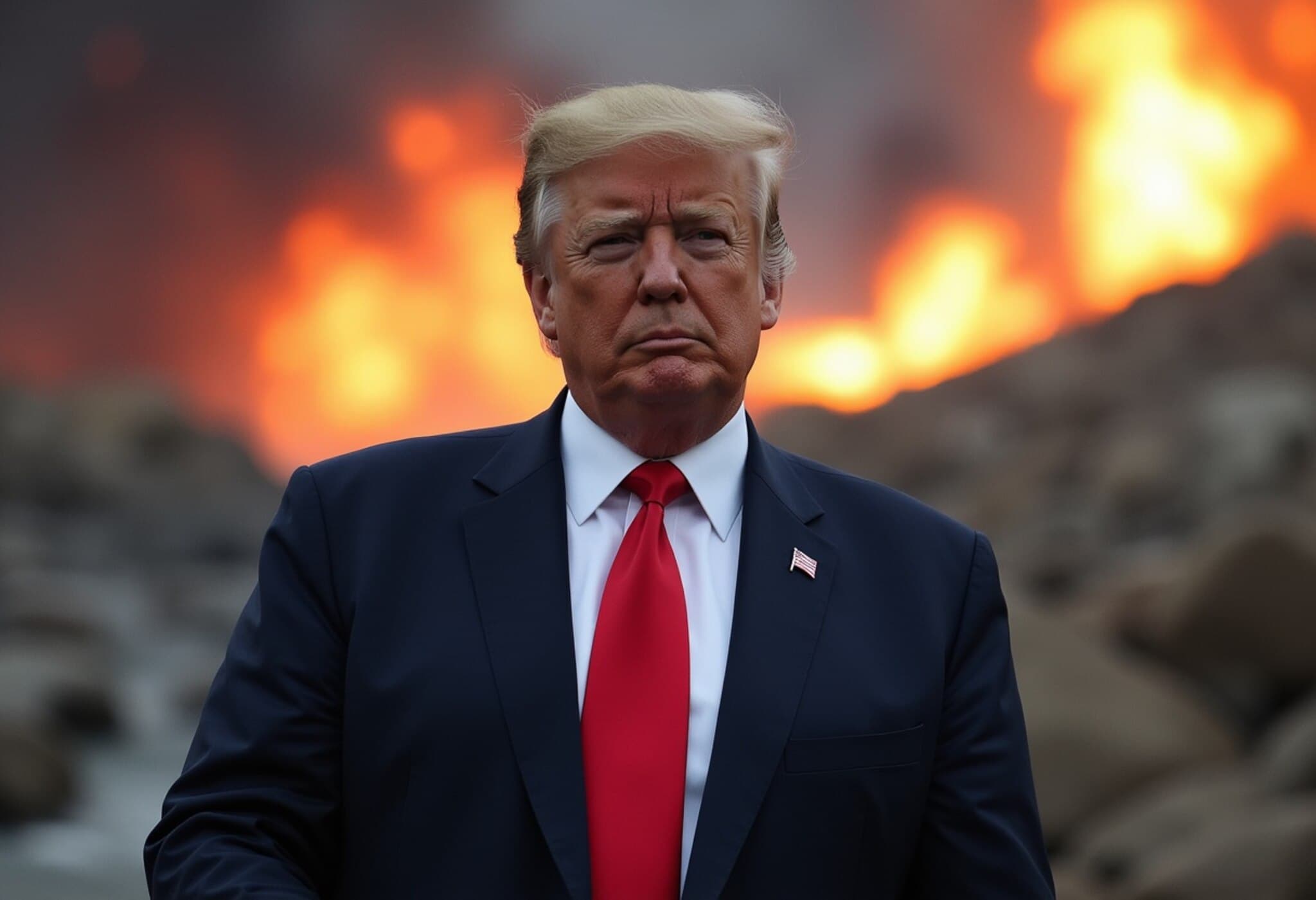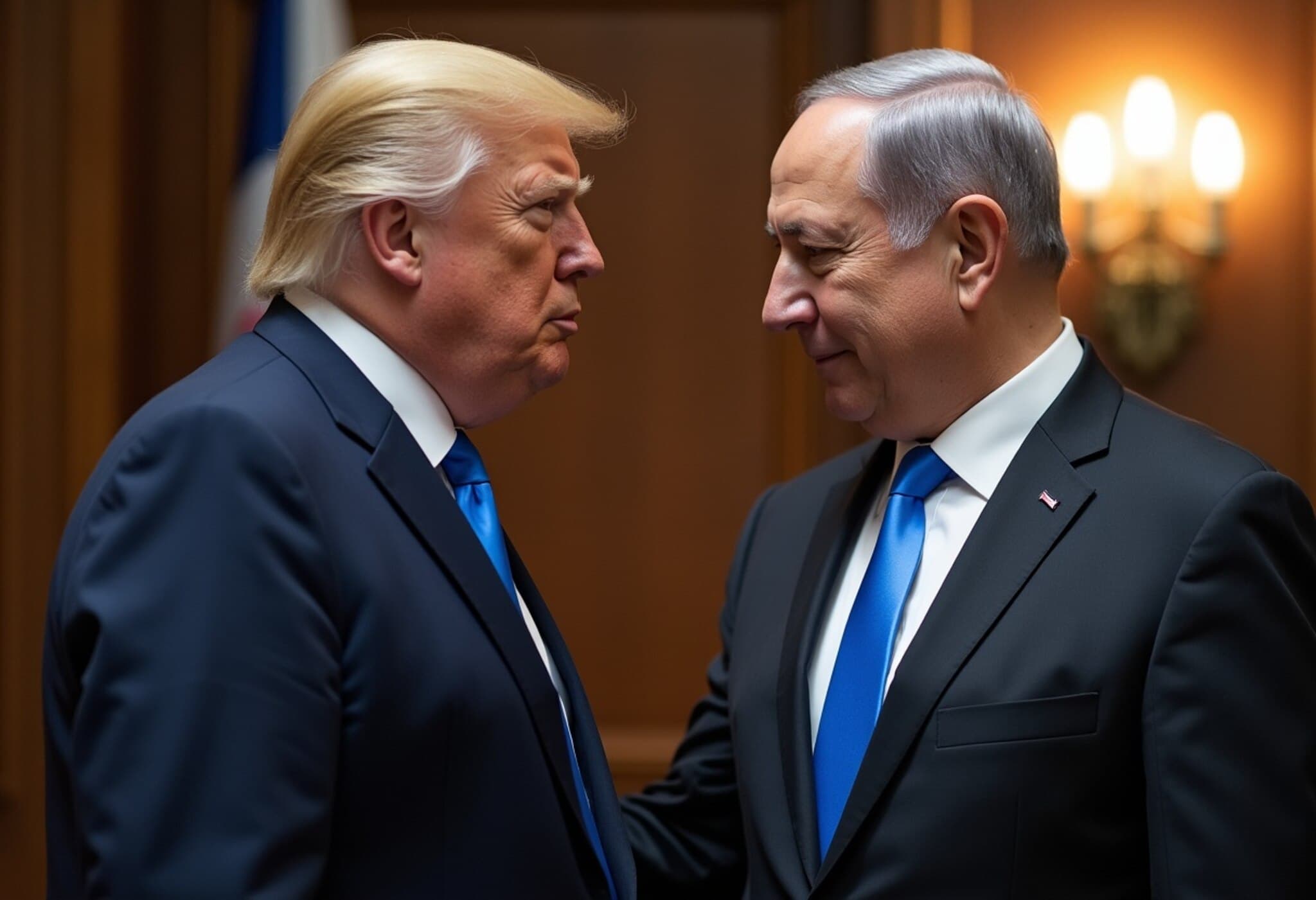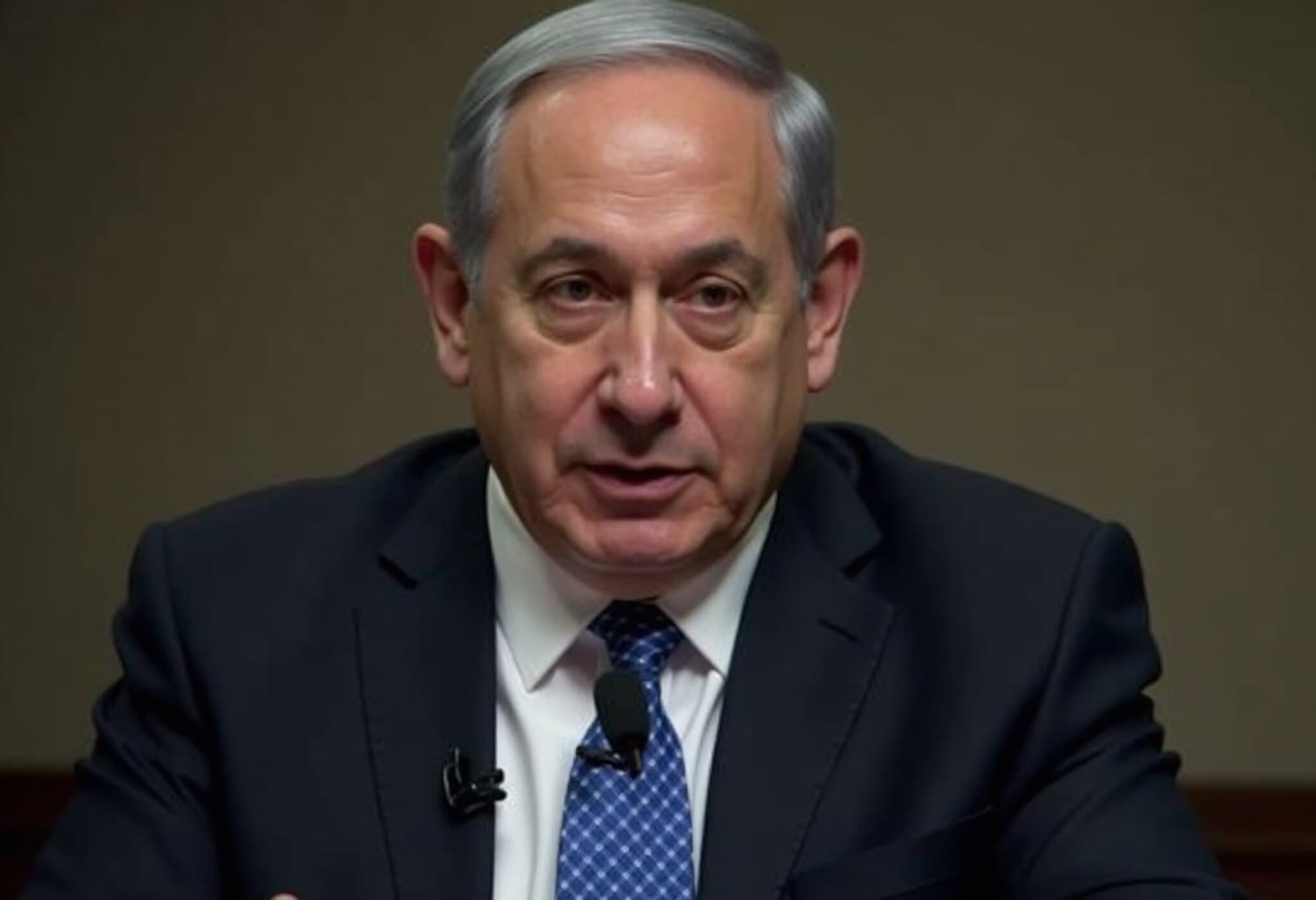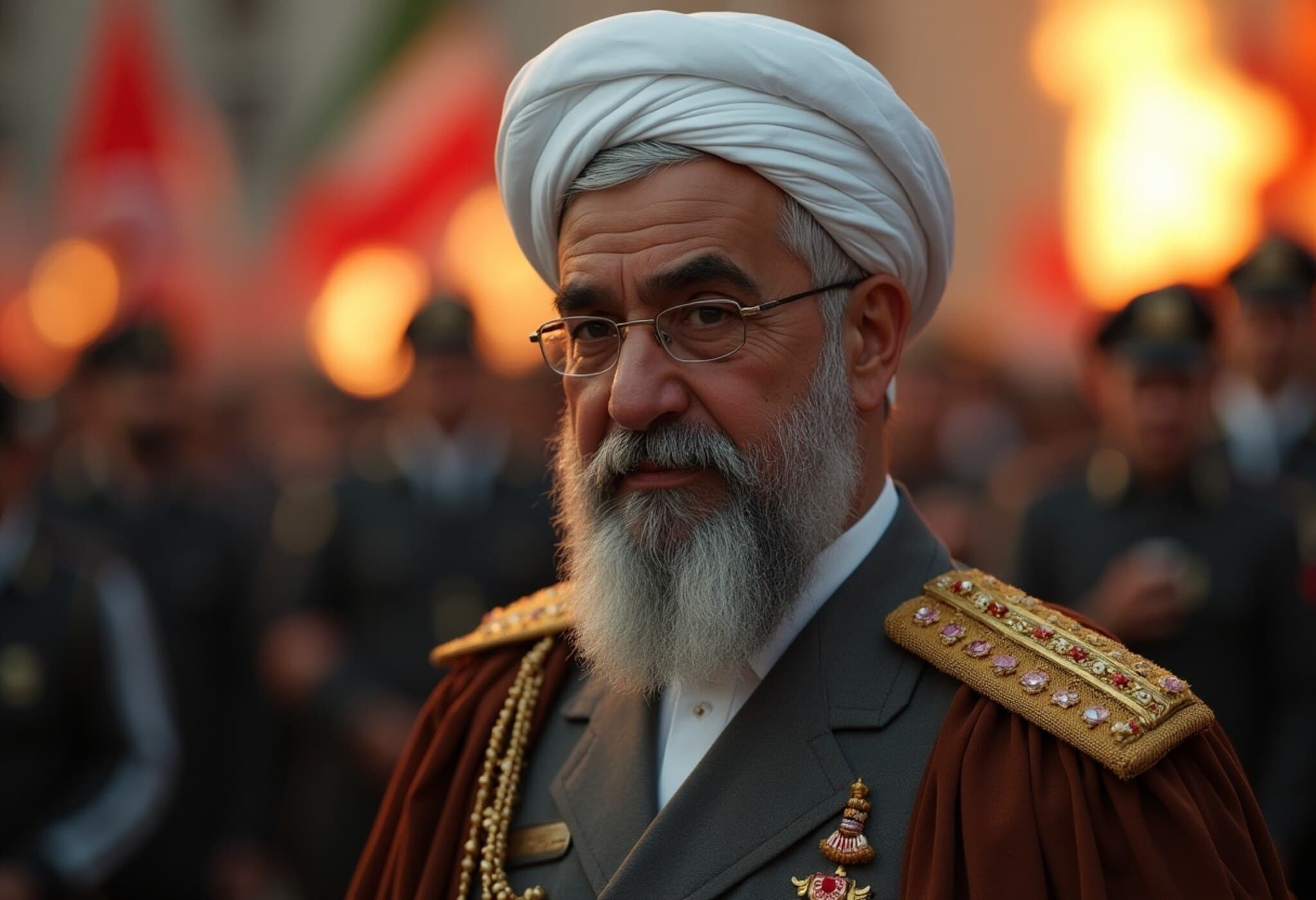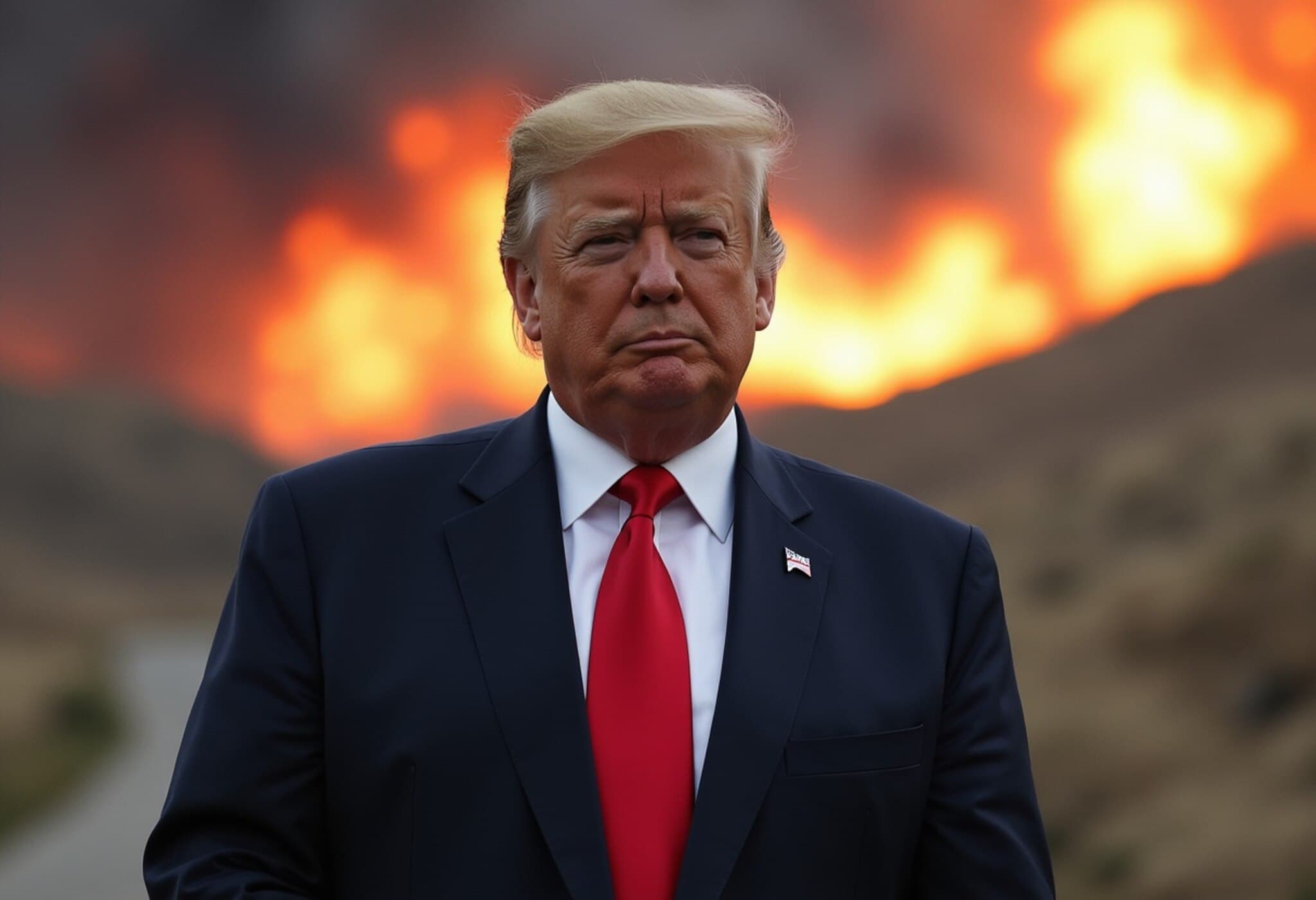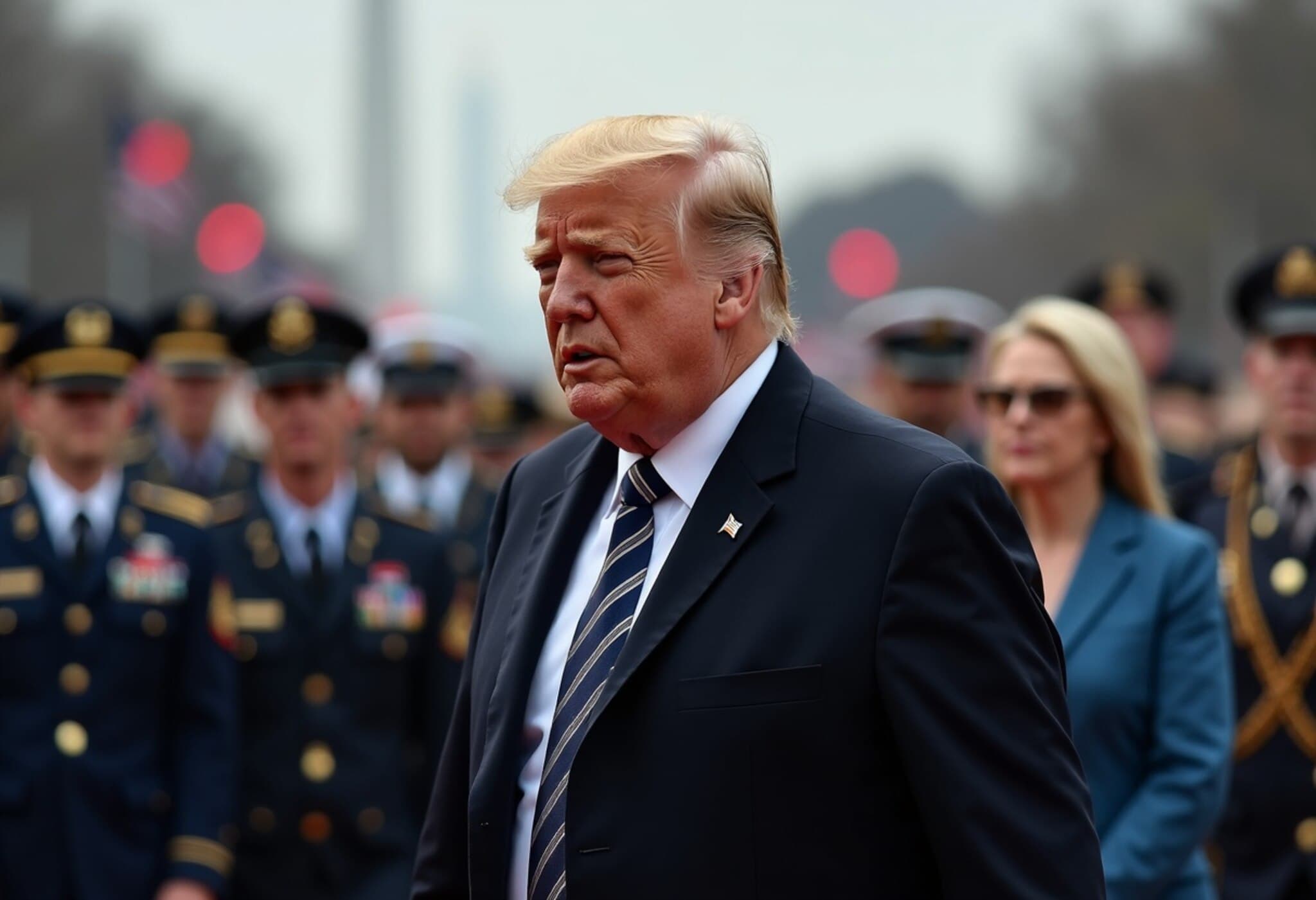Democrats Split Over Trump’s Unilateral Iran Air Strikes
President Donald Trump's recent air strikes on Iran have ignited fierce debate within the Democratic Party, exposing deep divisions on how to respond to his unilateral military action. The president bypassed Congress, launching strikes without explicit authorization, prompting accusations of constitutional overreach and threats of a broader Middle Eastern conflict.
Constitutional Clash: Demand for Congressional Approval
Many Democrats argue Trump’s decision violates the United States Constitution, which vests war-declaring powers in Congress. Senate Democratic Whip Dick Durbin voiced concerns about the president pushing the nation toward a wider war without proper legislative consent, warning of dangerous consequences.
Critics contend that US intelligence did not demonstrate an imminent threat from Iran justifying the strikes, highlighting the lack of a clear strategy behind Trump’s move. Mark Warner, vice chairman of the Senate Intelligence Committee, stressed that vague rhetoric and unilateral decisions risk dragging America into prolonged conflict.
Internal Democratic Discord: War Powers Vote Versus Impeachment
Within the Democratic ranks, some lawmakers advocate for a formal vote to restrict the president’s war-making powers going forward. Notably, moderates and progressives alike, including Sean Casten and Alexandria Ocasio-Cortez, argue that Trump’s impulsive actions may entangle the US in an enduring conflict.
Meanwhile, a smaller faction pushes for impeachment proceedings on the grounds that unauthorized military strikes constitute an abuse of executive power. Democratic leadership figures such as Senate Majority Leader Chuck Schumer and House Minority Leader Hakeem Jeffries echoed concerns about heightened risks of a new Middle Eastern conflagration stemming from the attacks.
The Republican Response: Support with Some Dissent
On the Republican side, the majority have rallied behind Trump’s decision, praising the strikes on Iranian nuclear sites as a necessary step against a leading state sponsor of terrorism. Senator John Fetterman notably singled out the president for commendation, emphasizing the threat posed by Iran’s nuclear ambitions.
However, not all Republicans echoed this consensus. Conservative Senator Thomas Massie criticized the escalation, labeling the US involvement amid an ongoing Israel-Iran conflict as an act of war requiring Congressional approval. He called out attempts to downplay the situation as disingenuous and warned against unchecked military engagements.
Implications and Next Steps
- Democrats consider pushing a war powers resolution to limit Trump’s authority.
- Some Democrats contemplate impeachment over the unauthorized strikes.
- Republican support remains largely intact but not unanimous.
- The debate raises fundamental questions about presidential war powers and the need for legislative oversight.
The unfolding dispute underscores tensions between the executive branch’s military discretion and Congress's constitutional role. As lawmakers grapple with the ramifications, the nation faces critical decisions about the governance of foreign military actions and the potential path toward escalating conflict in the Middle East.

